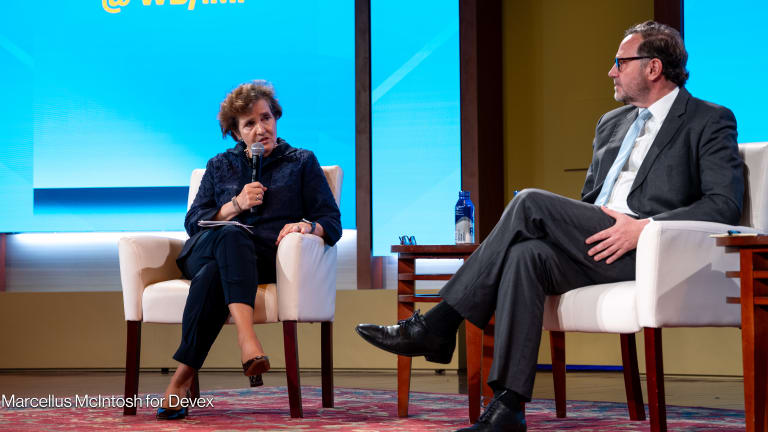Last week, the Millennium Challenge Corporation — a U.S. aid agency focused on economic development — was informed by the Department of Government Efficiency, or DOGE, that it must rapidly wind down all operations, with significant staffing reductions. The fallout could be more than just abandoned infrastructure projects, it could lead to a major erosion of trust in the United States, experts told Devex.
But that may not be final. Efforts are underway to save the agency, especially given speculation that Secretary of State Marco Rubio may not have been informed of the plan in advance, several sources told Devex on condition of anonymity due to the sensitivity of the information.
It appears that various parts of the U.S. government were not aligned on MCC’s fate. The agency had recently received a fiscal year 2026 budget from the White House Office of Management and Budget — a sign of continued support that made the possible shutdown all the more surprising, several sources told Devex.








